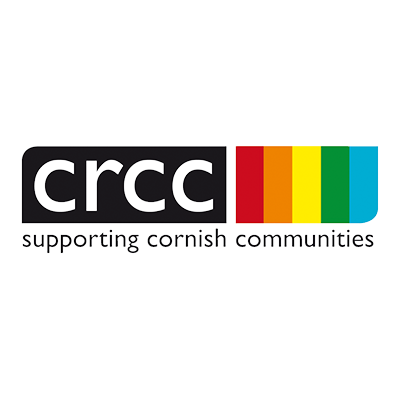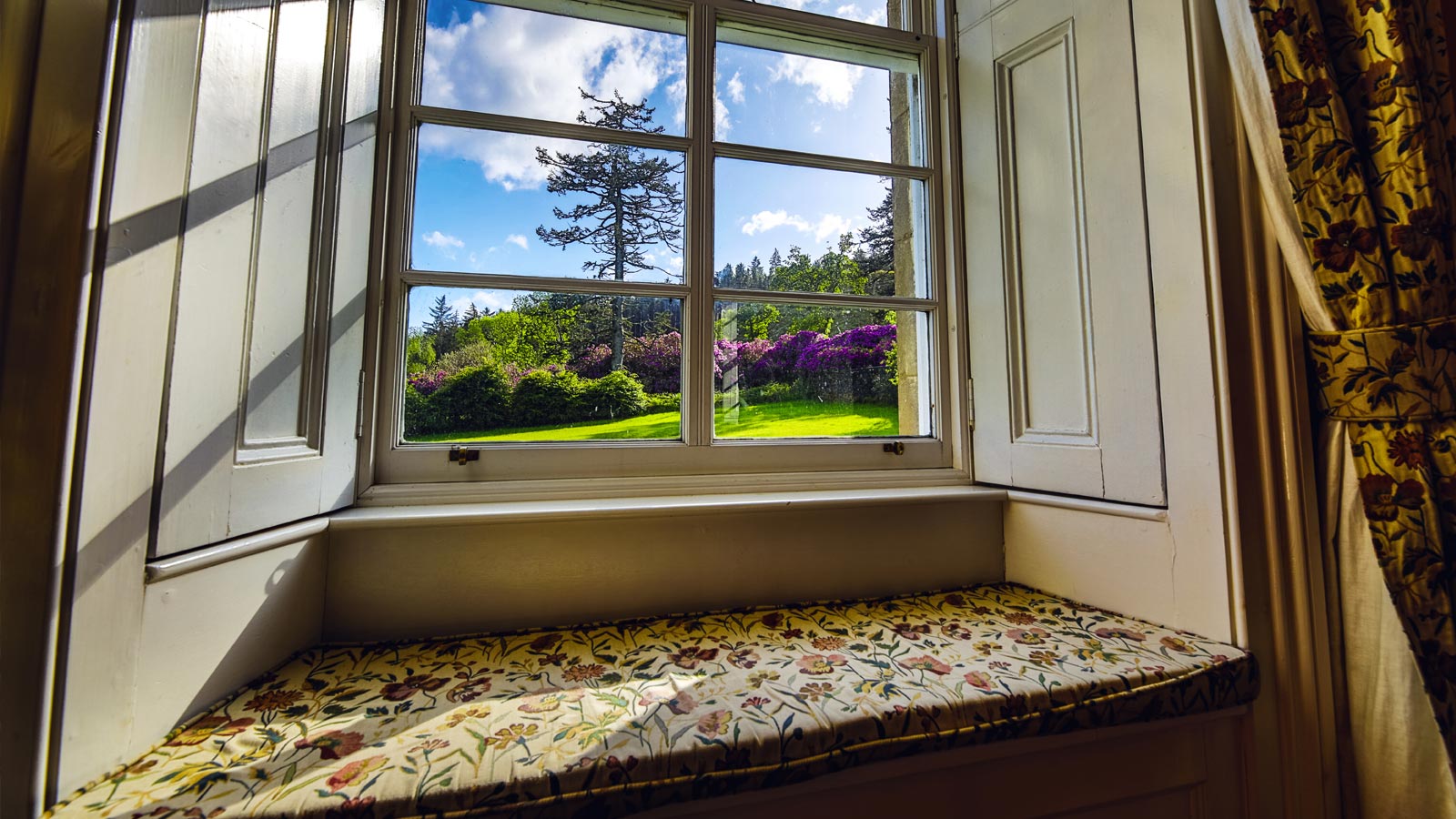Project overview
The Designing Homes for Healthy Cognitive Ageing (DesHCA) research project is an ambitious, innovative, and multidisciplinary member of the UKRI’s Healthy Ageing Challenge Social, Behavioural and Design Research Programme.
DesHCA contributes to the ISCF’s Healthy Ageing Challenge mission of supporting people to enjoy five extra healthy and independent years of life by 2035 by exploring the different ways in which people’s homes can be adapted to support their needs as they age. The project has seven key objectives:
- Objective 1:
Identify existing home-based adaptations and innovations that have been piloted and evaluated, on their ability to support older people as they age to establish a baseline for innovation. - Objective 2:
Collaborate with a wide variety of stakeholder groups including older people experiencing cognitive change, industry partners, housing providers, and local authorities to identify innovations that ensure supportive housing is also sustainable housing. - Objective 3:
Engage with different stakeholder groups to design physical and virtual ‘living laboratories’ that demonstrate the different ways in which new-build and retrofitted houses can adapt and evolve to support people as they age. - Objective 4:
Provide a variety of opportunities for different groups of stakeholders to test and respond to innovations, adaptations, and designs to develop a robust evidence base to support future research. - Objective 5:
Explore the barriers and facilitators for sustainable supportive housing, including issues around scalability, economic factors, and the different challenges associated with new-build and retrofitted housing. - Objective 6:
Develop a range of co-produced, evidence-based legacy tools to facilitate the assessment of future innovations, support public and private housing providers to deliver cognitively supportive and sustainable homes for older people, and inform decision making at local, national, and international levels.Objective 7: Use the tools and insights developed throughout the project to support the City Region Deal for Central Scotland by working with local authorities and industry partners to support the delivery of cognitively supportive and sustainable housing.
DesHCA aims to provide useful tools and insights for a range of beneficiaries. For example, policymakers will have access to the high quality and evidence-based information necessary to make key decisions about housing, as well as design professionals involved in constructing new-build and retrofitting homes. Additionally, local authority and third sector workers will have access to a range of tools to identify adaptations that might support an older person to continue living well in the home they prefer. Finally, older people themselves will benefit from a multi-disciplinary, multi-faceted effort to identify practical, scalable solutions that support them to live in the ways that they choose for as long as possible.
Engagement with Older People
DesHCA will keep the views and values of older people at the forefront throughout the life of the project. This is achieved in two main ways; through recruiting and involving peer researchers throughout the project, and by building in a variety of research activities and events that give older people the opportunity to contribute to the research in powerful and meaningful ways.
Peer Researchers
Peer researchers are a group of older people who volunteer to be involved in the research process. Their engagement goes beyond taking part, as they become integral members of the wider project team and contribute to a wide variety of different activities across the life of the project.
DesHCA’s peer researchers are encouraged to choose which aspects of the research best match their interests, experience, and availability. As a result, some of our peer researchers might choose to work alongside the research team developing information sheets and workshop plans to support fieldwork, while others might prefer a more ‘front of house’ approach and choose to facilitate workshops or conduct interviews with participants themselves. Others may decide to focus more on the development of online content, and contribute to the blogs, reports, and videos that DesHCA produces. Whatever their preferences, academic staff on the project will provide the peer researchers with the training and support they need to make a significant impact on the project.
Older Participants
DesHCA is designed to seek engagement from older people throughout the course of the project. Participants can volunteer to take part in different parts of the research depending on their interest, including:
- Identifying the outcomes that matter to them as older residents,
- Discussing and capturing their experiences of living at home,
- Exploring and providing feedback on potential designs for supportive housing,
- Attending workshops alongside other older people as well as a range of local authority and industry representatives, to explore how people in different positions think about cognitively supportive and sustainable housing, and
- Becoming part of the Older Peoples Reference Group.
The views of older people are collected at each stage and fed back into the research to ensure the opinions and experiences of older people are at the forefront of DesHCA’s recommendations moving forward.
Working with business
DesHCA would not be able to achieve its goals of identifying practical, sustainable, and scalable adaptations and innovations without the contribution of our industry partners and contacts. To date, the project has over a dozen partners who specialise in a range of areas including building and construction, architecture and design, technology and innovation, housing and policy-making, with additional efforts being made to recruit participants from all areas throughout the research process.
DesHCA brings together industry and local authority partners at local and national level, to ensure that the evidence-based adaptations, innovations, tools, and guidance designed during the project are feasible, practical, and easy to use. In order to support businesses to think creatively about designing, building, and providing cognitively supportive and sustainable housing as we move into the future.
Diversity and Environments of Ageing
Part of DesHCA’s mission is to ensure that the project identifies a range of adaptations and interventions that help people to transform their home into a supportive environment, regardless of their background.
We will be working with industry and local authority partners throughout the project to explore the different factors that impact people’s ability to adapt their living space, whether that means moving into a new-build property, retrofitting a home that they own, or making more discrete adaptations to a rental or shared property.
DesHCA is actively looking to recruit both peer researchers and participants from marginalised or disadvantaged communities to ensure that we are hearing a variety of voices within our work. We want to understand the aspirations and needs of as many people with as wide a range of experiences as possible, so that we can make sure that our recommendations can be used to support older people throughout our society. The project will also seek to make the findings and resources available as widely as possible, using different forms of communication from traditional peer-reviewed papers, to blogs, videos, and in-person discussions, to ensure everyone has the opportunity to benefit from our work.























